Music can change the world
The role of music in society goes back a long way. Music reaches people of all ages throughout the world, and is today an important way to react to both political and social life.


Music as a mirror of society
Music has always meant a lot to us. Artists have been inspired to write music that makes people feel different emotions. Music is used for both happiness and sorrow, or as a reaction to different problems.
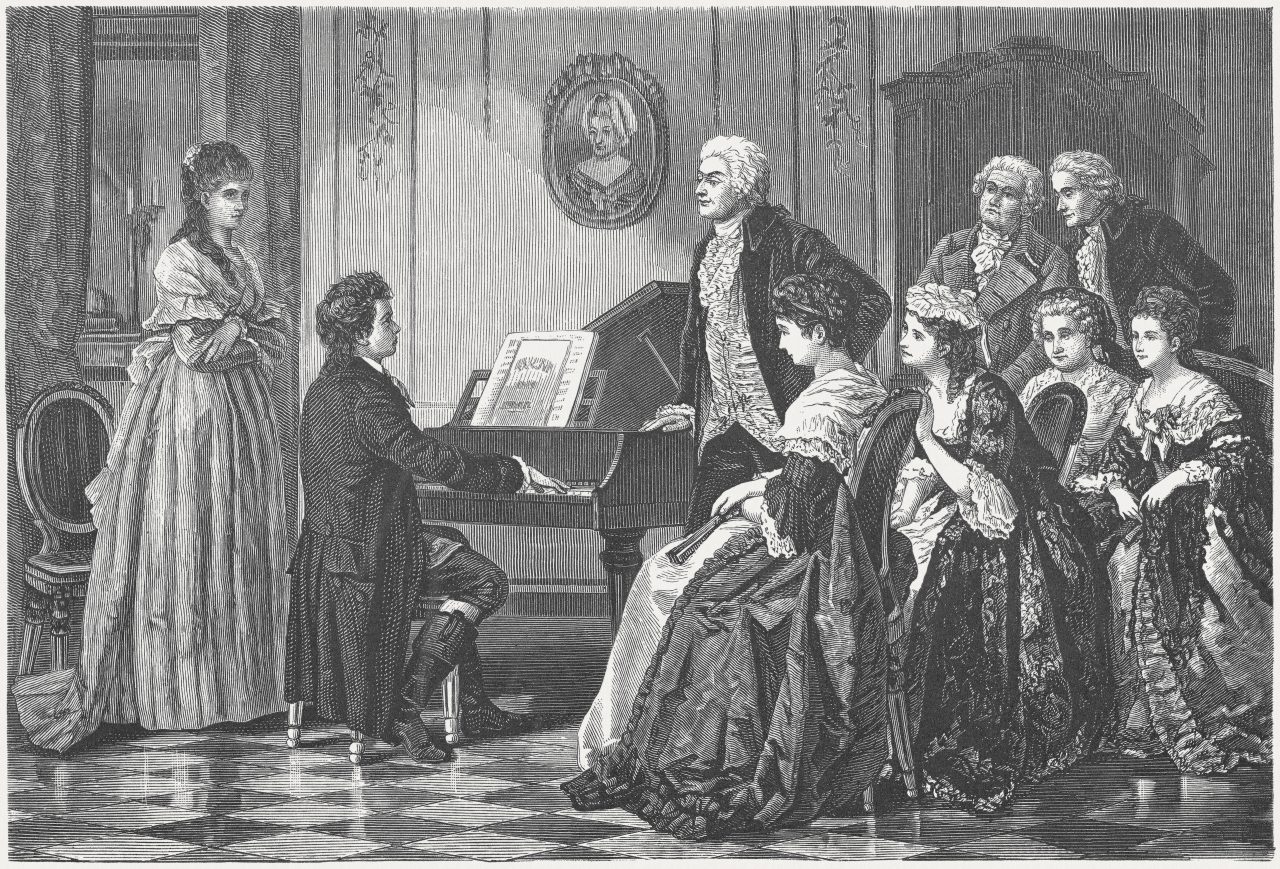
The music of the Viking Age
Song and music played an important role in the Viking Age. There was music for celebration, when children were put to bed, or when heavy work was done. The Vikings used musical instruments in war. Many of their instruments have been discovered. The Vikings played music on bronze lur horns, bone flutes and goat horns.
📷 Bronze lur horns discovered in Brudevælte, Denmark in 1797.
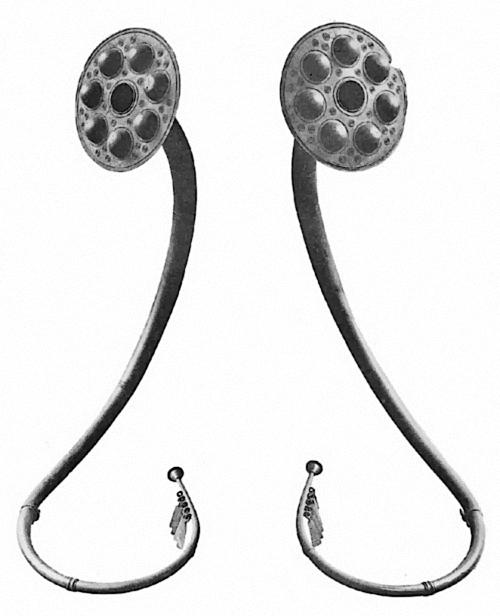
The Icelandic football chant
The Icelandic national football team was celebrated in 2016 for their fantastic success in the European championship. Their Viking-inspired chant is epic and became famous.
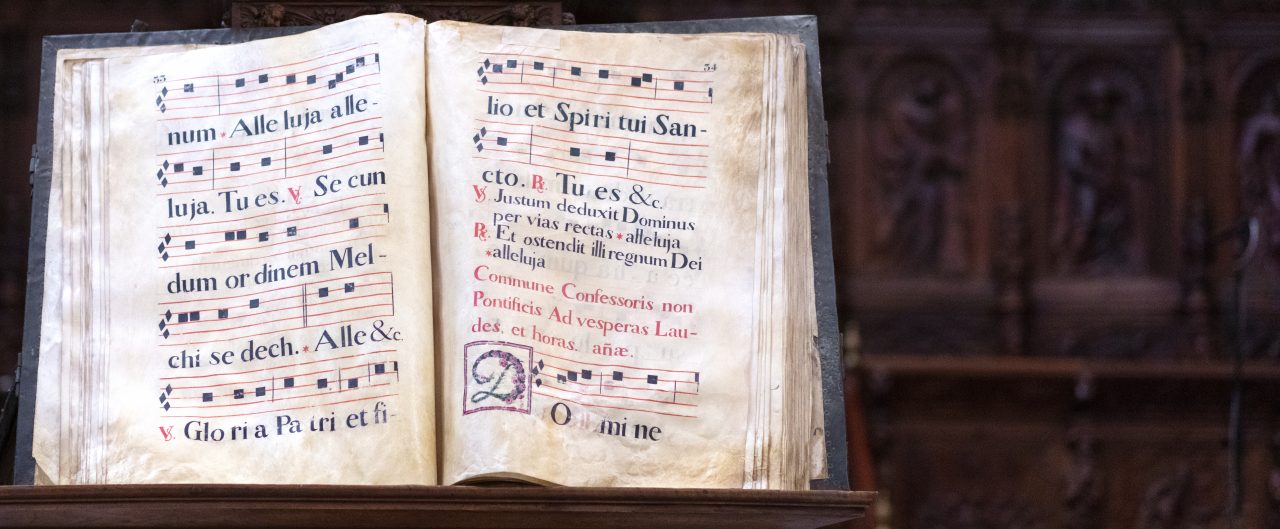
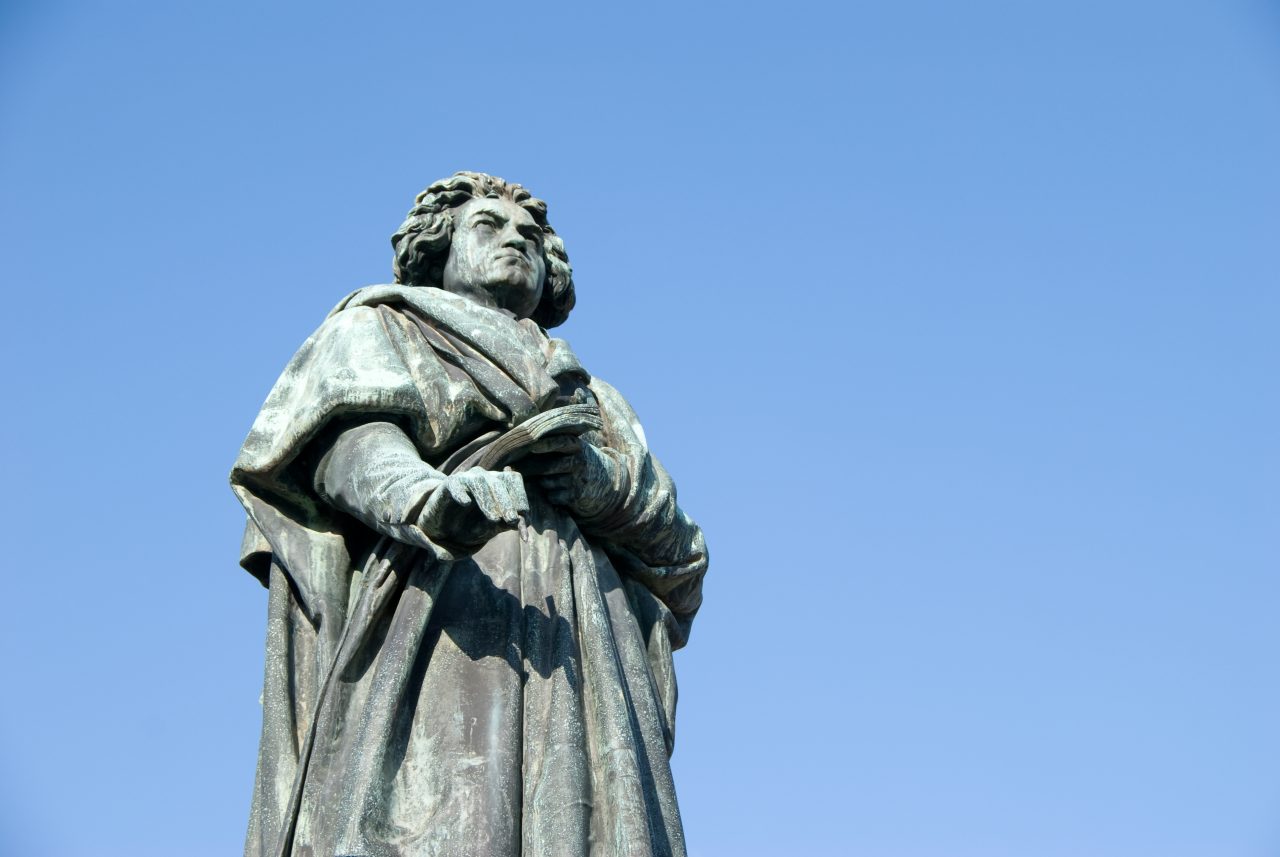
From spirituals to rock ’n’ roll
In the 1600s there was a need for cheap workers in America. Slaves came to the United States from African countries and were not treated well at work or where they lived. They worked on large farms, on railways or in mines. Songs and music helped the slaves in their work, and gave them comfort. Slave songs are also called spirituals. Rock ‘n’ roll, blues, gospel, and other forms of music were inspired by spirituals.

Music for work motivation
This video shows African-American prisoners working on the railroads in the 1960s. They use their tools to make music like the slaves did.
Inspired by the music of the slaves
The music of the slaves also inspired white people. Racism divided black and white people, but music brought them closer. Black artists got more respect. The development of instruments, microphones, TV and radio made music more popular. Teen idols such as Elvis, Jerry Lee Lewis, Little Richard and The Beatles changed music history, and in the 1950s and 1960s rock ‘n’ roll led to change in culture and society.
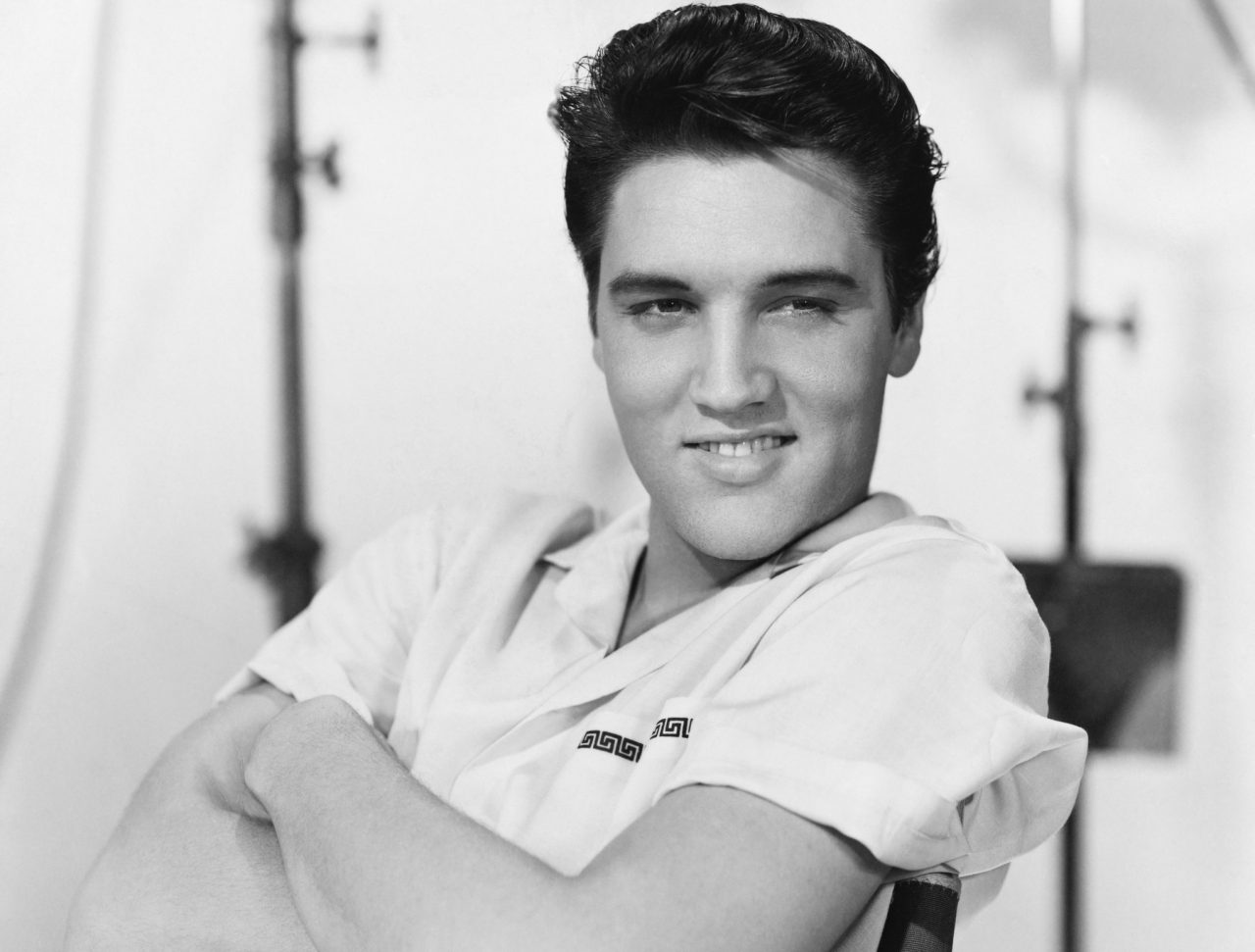
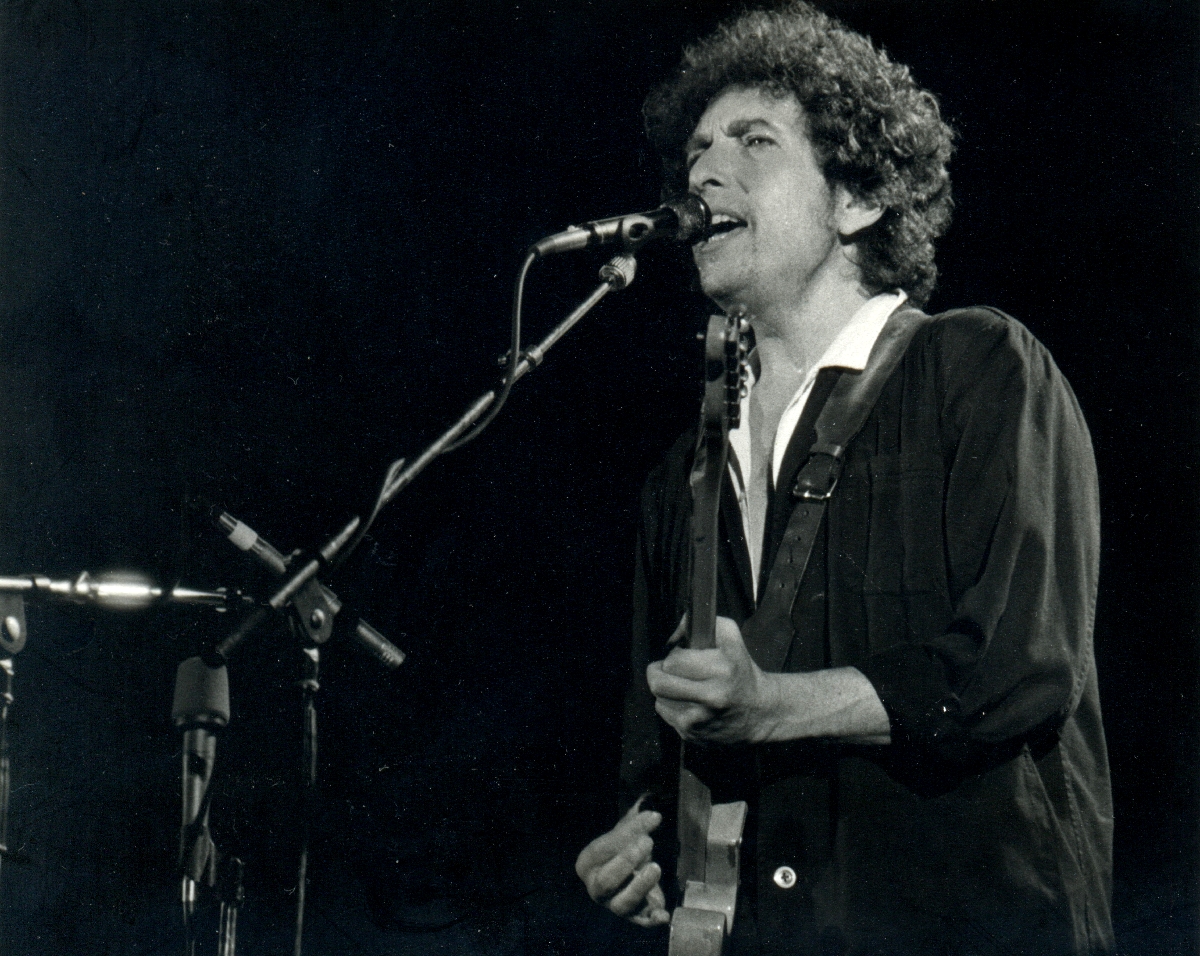
Rap music
Rappers performing songs about the environment, climate change, racism and social anxiety attracted a large young audience in the 1990s and the 2000s. Rap music created a lot of social engagement.
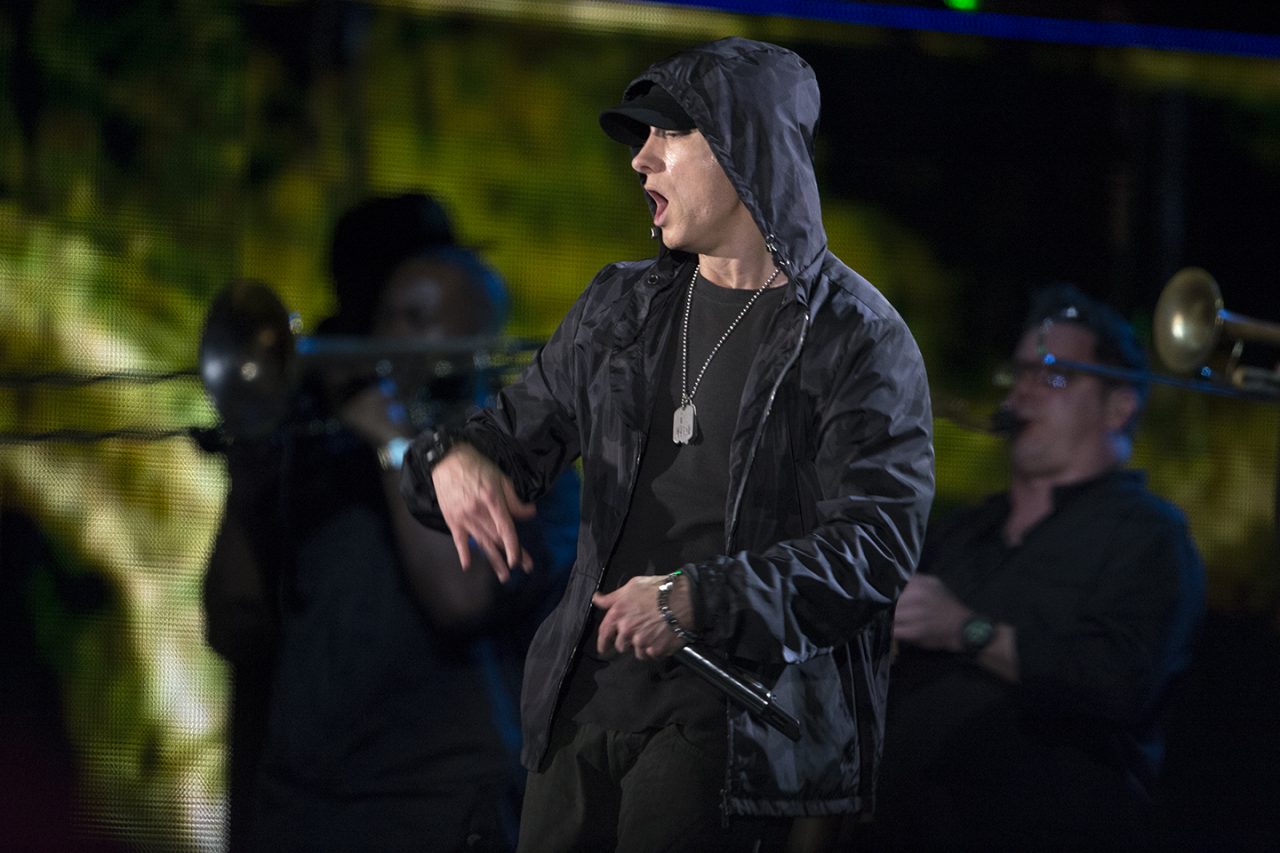

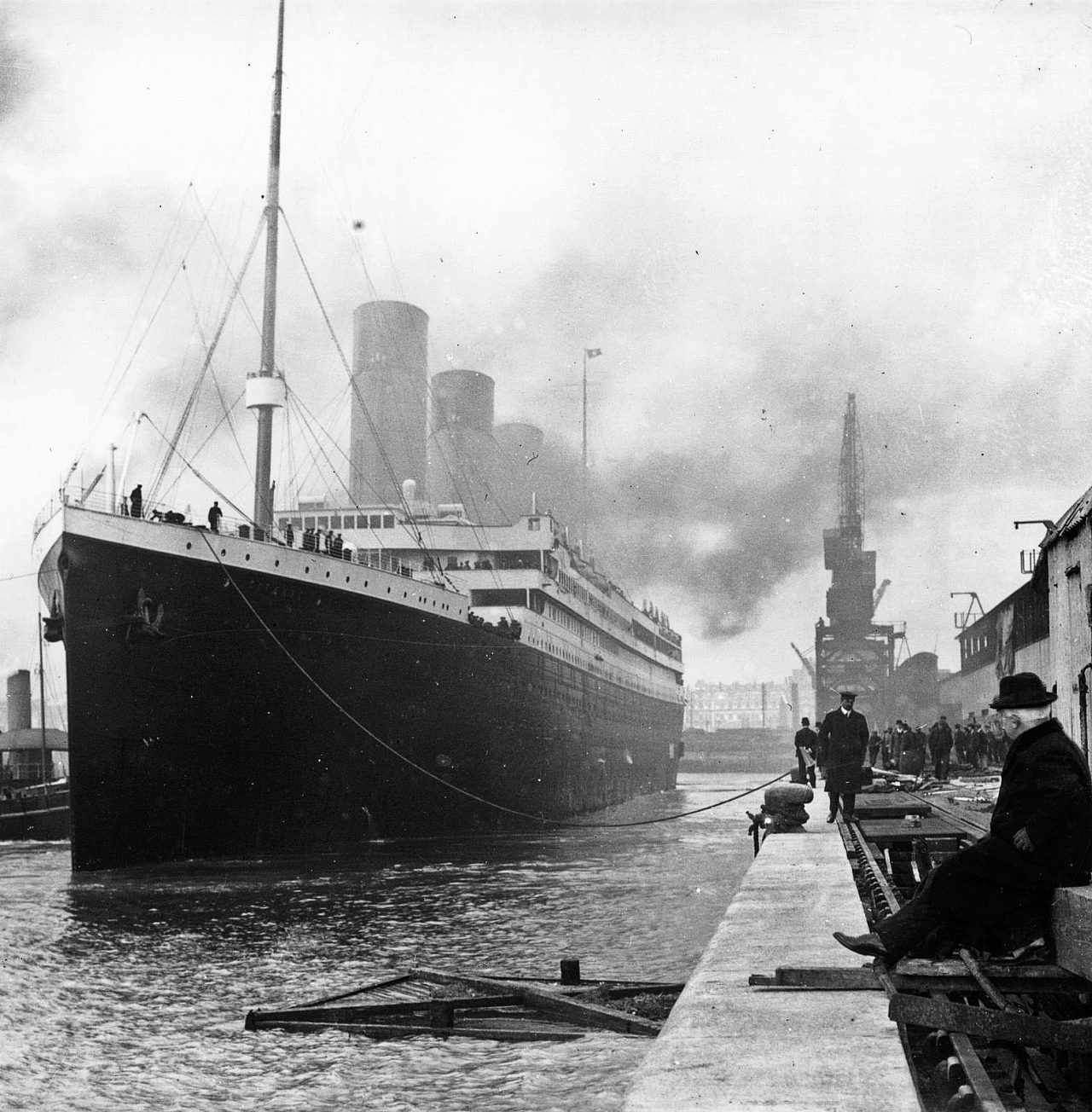
Sources:
- Ruud, Even: musikk i Store norske leksikon på snl.no.
Hentet 11. februar 2021 fra https://snl.no/musikk
- Viking.no (05.01.2021): Vikingtidens sang og musikk
http://www.viking.no/s/life/music/
- Hankeln, Roman: musikk i middelalderen i Store norske leksikon på snl.no.
Hentet 11. februar 2021 fra https://snl.no/musikk_i_middelalderen
- Bjerkestrand, Nils E.; Hosar, Halvor K.: musikk i klassisismen i Store norske leksikon på snl.no.
Hentet 11. februar 2021 fra https://snl.no/musikk_i_klassisismen
- Ruud, Even: rock i Store norske leksikon på snl.no.
Hentet 11. februar 2021 fra https://snl.no/rock
- Reader’s digest (21.06.2022): The evolution of music
https://www.readersdigest.co.uk/culture/music/the-evolution-of-music-the-music-revolution-of-the-1960s
- Spinditty (21.06.2022): Songs about suicide and suicide prevention
https://spinditty.com/playlists/Songs-About-Suicide-and-Suicide-Prevention
Media Rights:
-
-
Getty Images
-
Unknown
-
BeanymanSports – YouTube
-
Getty Images
-
Getty Images
-
Getty Images
-
David Hoffman – YouTube
-
Unknown
-
Unknown (CC BY 2.0) / Tristan Rovan – YouTube
-
Getty Images / Oxygene 80 – YouTube
-
EJ Hersom / DOD News Features (CC BY 2.0)
-
Peter Neill (CC BY 2.0) / Nichlas Andre – YouTube / LadyGagaVEVO – YouTube / Rap City – YouTube / Green Day – YouTube
-
Unknown / KendrickLamarVEVO – YouTube / Bechir Houman – YouTube / Janie94 – YouTube / remhq – YouTube
-

